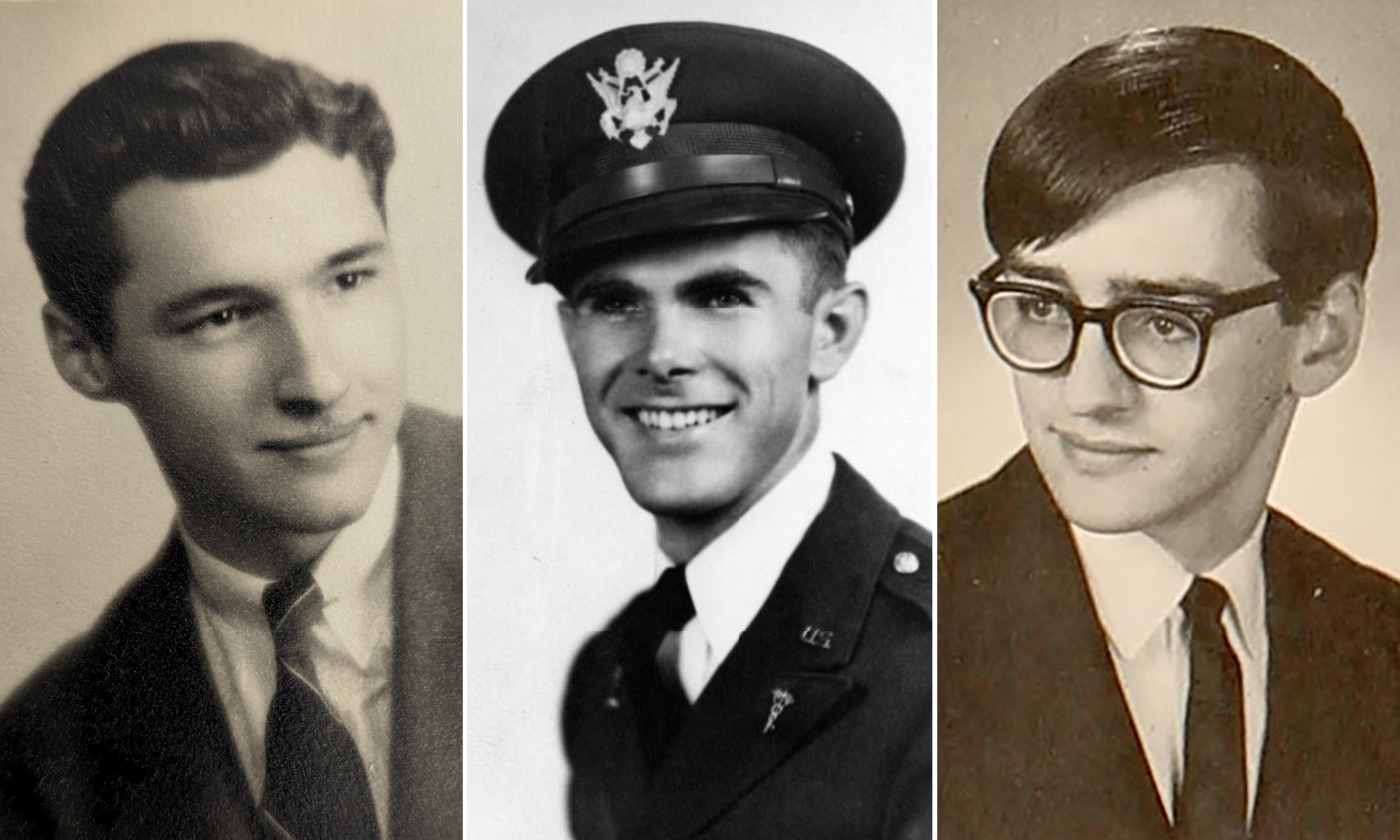Three questions
Favorite University tradition? “The Boar’s Head dinner is unlike anything I’ve ever experienced.”
Favorite course? Unequal Development and State Policy: Brazil, the US, and Niger, taught by professor Joseph Inikori. I love this course because it exposed me to a cross-section of cultures and the knowledge that what I was learning here could be applied anywhere in the world.”
How have you changed since your first year? “I think I’ve learned to make better choices in general and to ask for support and help where I needed it. That was a big thing for me when I first arrived. I’ve learned to enjoy myself in everything that I do.”
Making their mark: This is one in a series of profiles celebrating members of Rochester’s graduating class of 2018.
Ian Manzi ’18 was at his high school in Rwanda five years ago when “serendipity struck” and changed his life.
“Jonathan Burdick [dean of admissions at Rochester] had just left, and I hadn’t had an opportunity to see him,” Manzi recalls. “I walked into the office where he had been and saw a flyer that showed a photo of Rush Rhees Library. It looked so beautiful, a representation of college.”
Manzi was intrigued and decided to apply to the University. “I thought, ‘Why not? Let’s see how this goes.’ ”
Manzi will graduate with a bachelor’s degree in economics, and his time at Rochester has gone exceedingly well. He was part of a team with Derrick Murekezi ’19 that won a $10,000 Davis Projects for Peace Grant in 2016 for their work in creating a summer peace camp for young leaders in Rwanda. He coordinated an Amazon.com wish list of 77 books for students in a youth village in his native land. And he has made his mark on the River Campus as a member of the Pan-African Students Association, the University of Rochester Christian Fellowship, and International Student Mentors, and as an employee of the Paul J. Burgett Intercultural Center, the Language Center, and the Barbara J. Burger iZone.
He also speaks four languages: English, French, Spanish, and Kinyarwanda—the official language of Rwanda.
Manzi says his love of community service was influenced at home in Kigali, where there were more than 10 people in the house—parents, siblings, cousins—at any time. “I grew up in this communal, community-filled space,” he says. “When I identify with a community, I feel it’s my duty to contribute.”
He was born a year and a half after the 1994 genocide in Rwanda, a mass slaughter of more than 800,000 Tutsi and moderate Hutus citizens by members of the Hutu government. Manzi lost family members in the atrocity, including his great grandfather, and says that while he was growing up, “the impact was still visible.” It’s a huge reason he and Murekezi created their summer youth peace camp, where campers reflect on the genocide and discuss ways to avoid something like that ever happening again. The July camp is held in the Rwamagana District in the Eastern Province of Rwanda. Plans for their third annual camp, in July, are under way.
Manzi’s education at Rochester has been greatly influenced by the freedom of the Rochester Curriculum. Manzi, who is a Birnbaum Scholar and a deKiewiet Scholar, started as a computer science major, switched to data science, and will graduate with a degree in economics. “I took parts from all three and was able to create a learning experience that was unique,” he says. “I thank the University for that.”
He will stay at the University this fall, taking a few classes at the Warner School of Education before heading home for a year of family, projects that support his community, and professional development.
Manzi is grateful he discovered the University that day in Rwanda five years ago.
“During my time here, I had great days, good days, and bad days, but I wouldn’t trade any of it,” he says. “This is going to sound corny, but I feel like my time here has literally been ‘ever better.’ ”




